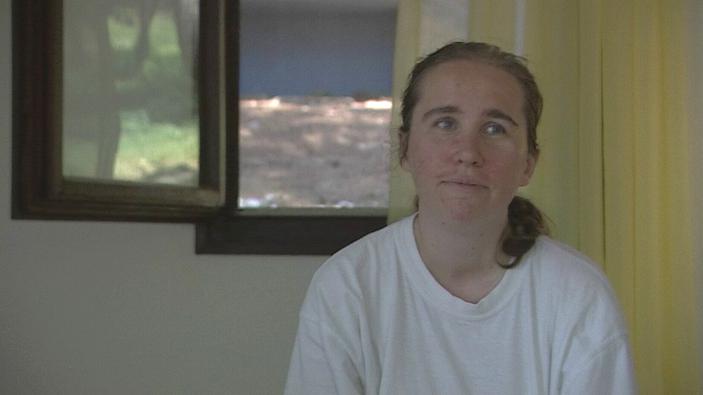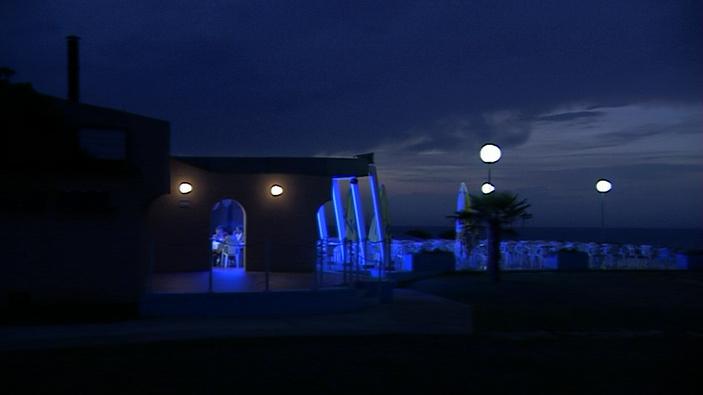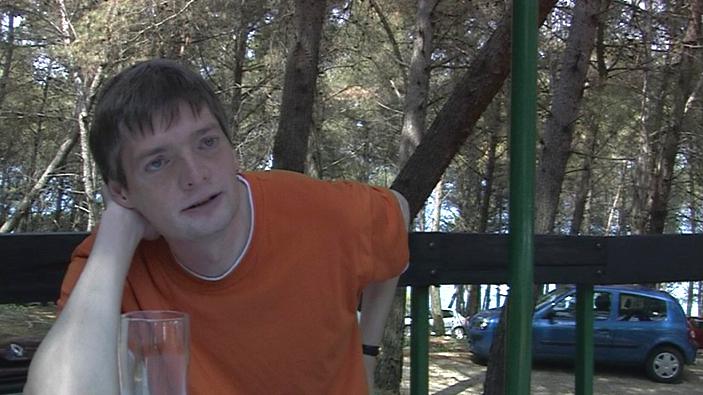Kanegra
Dreams of longing, mental diversions, soul-searching. Hardly any other place is so conducive to intense contemplation as the sea. The experience of this fact provides the starting point of Katharina Copony´s unconventional series of interviews. Once each year, the "Counseling Center for Psychological and Social Issues" in Graz organizes a trip to Kanegra, a resort in northern Croatia, before the tourist season. The filmmaker used this place as the location of her documentary report on psychological states. Five completely different individuals are portrayed, and Copony explores their state of mind at that particular moment. The most important thing is not so much curiosity concerning the individual stories as the question of to what extent an unfamiliar place, a geographical elsewhere rubs off on people whose everyday lives are characterized mainly by social isolation. Copony´s dramatic model is both extremely simple and complex. She questions her interviewees separately, in isolation: Even on the Adriatic coast self-absorption and poor social contact characterizes their behavioral patterns - including within the group itself, as demonstrated atmospherically by the vacation scenes inserted between the interviews. The feeling of community, which this trip is intended to convey, seems bleak and comforting at the same time.
Kanegra is not a pessimistic film, it does not hide behind a questionable social voyeurism. It does not strive to add to the level of psychological knowledge nor attempt to come to any educational conclusions. Copony takes her protagonists seriously, and therefore their characteristic sensitized world-views also. The sea does not play a central role as the main visual metaphor. At the same time it is present: a constant source of introspection for the fellow travelers, who are far from close-mouthed.
(Lukas Maurer)
Translation: Steve Wilder
Kanegra (texte français)
Kanegra n'est pas un film pessimiste, il ne se retranche pas derrière un voyeurisme social ambigu. Il n'aspire à aucun bénéfice psychologique, ne tente pas de tirer des conclusions pédagogiques. Copony prend ses interlocuteurs au sérieux et, par là même, les conceptions du monde sensibilisées qui leur sont propres. Quant à la mer, métaphore visuelle servant de fil conducteur, elle ne joue pas un rôle prédominant. Mais elle est présente, à maintes reprises : comme source d'introspection pour ses connaissances de voyage plutôt communicatives. (Lukas Maurer)
Traduction: Françoise Guiguet
Kanegra
2004
Austria
50 min



